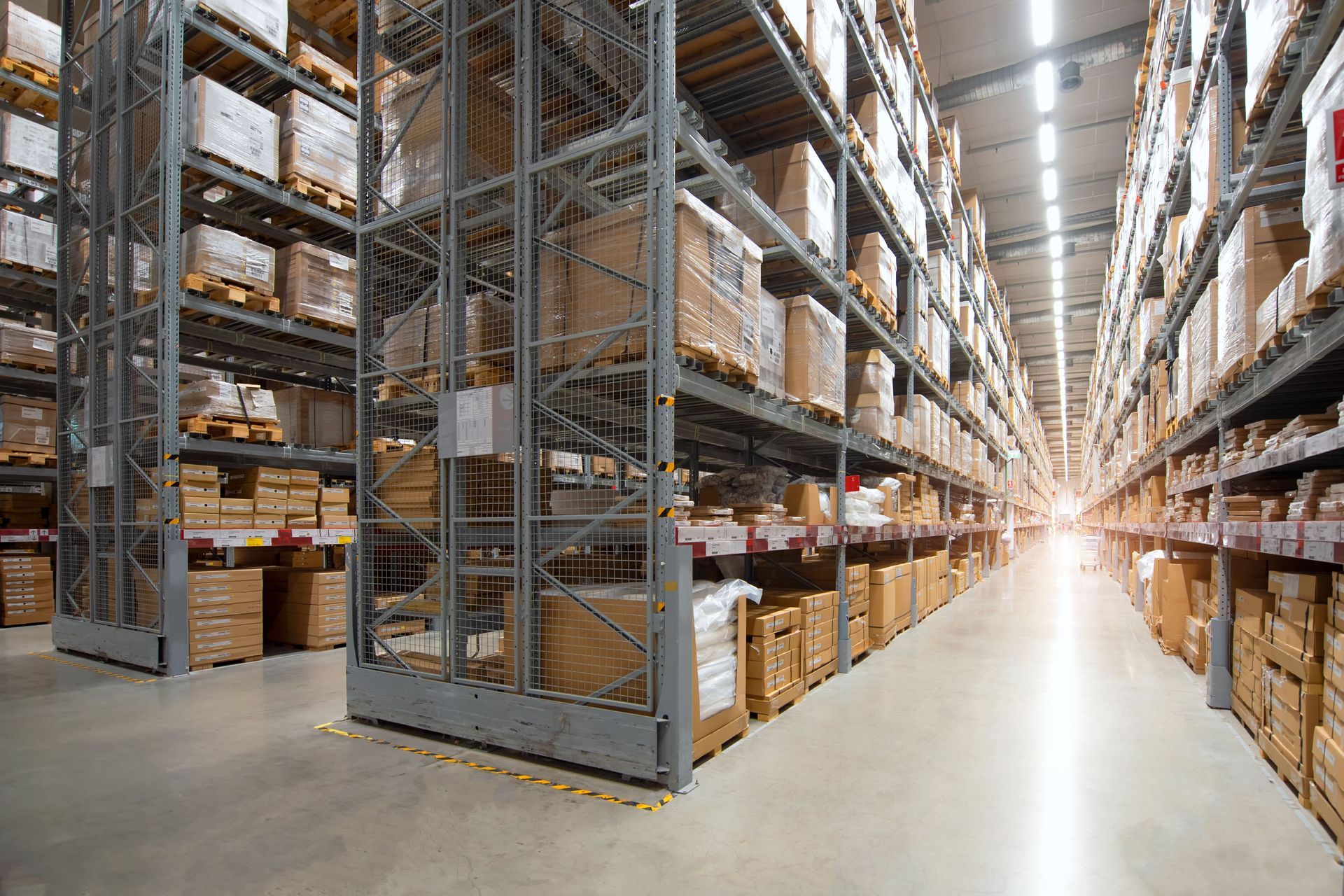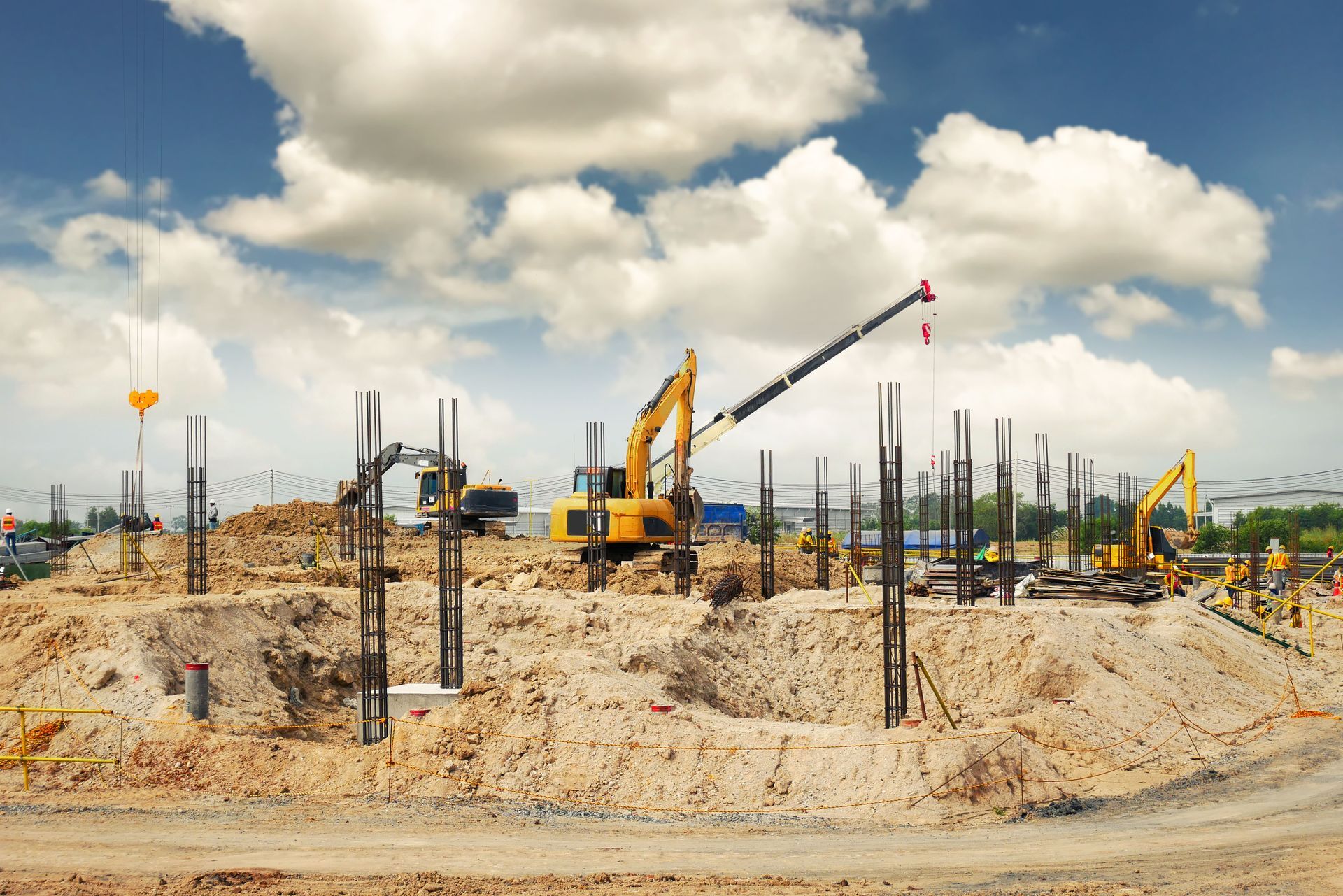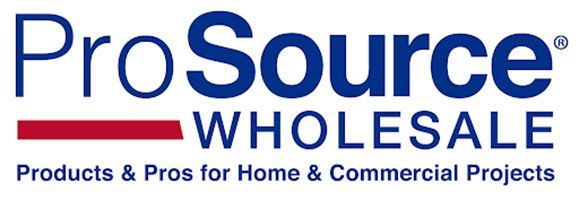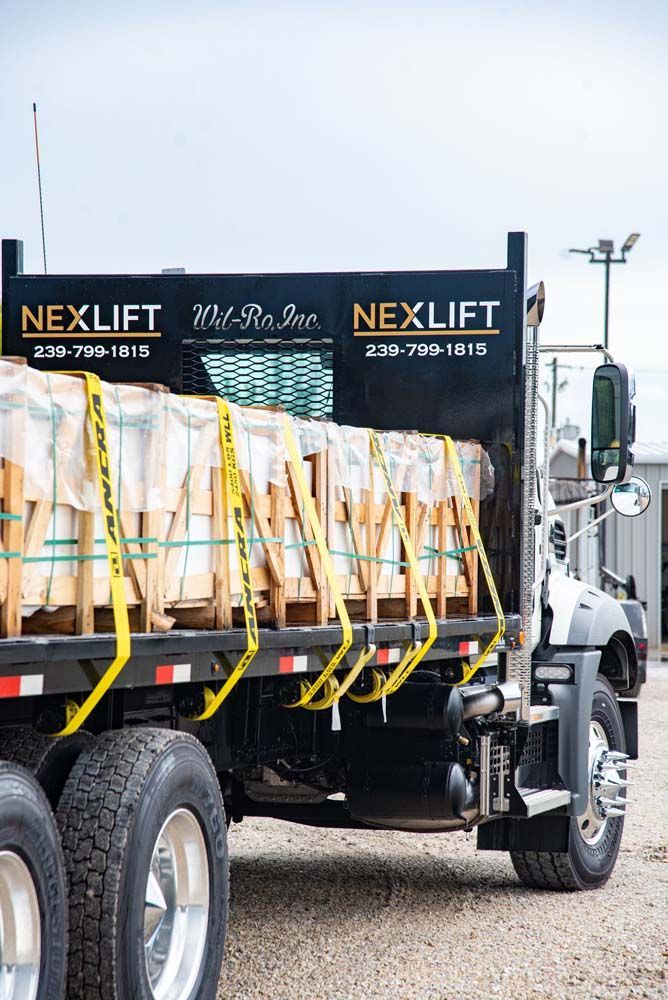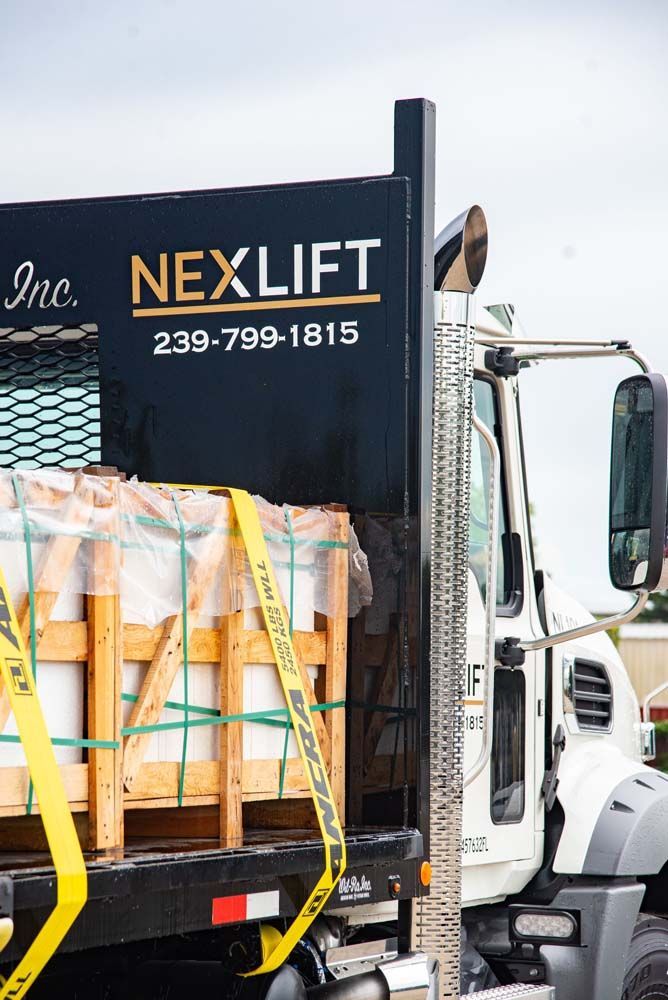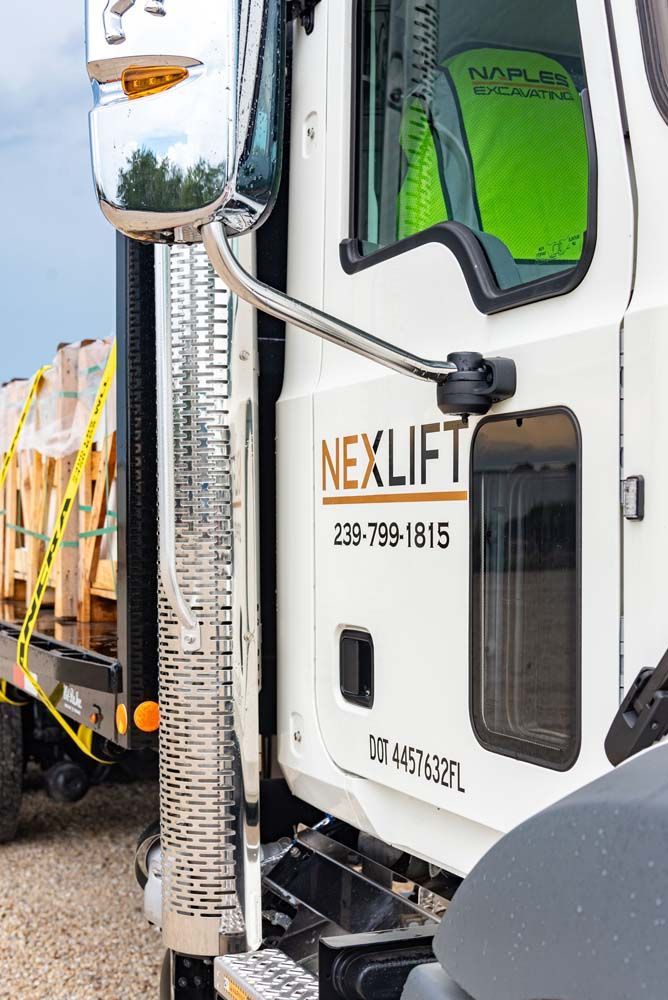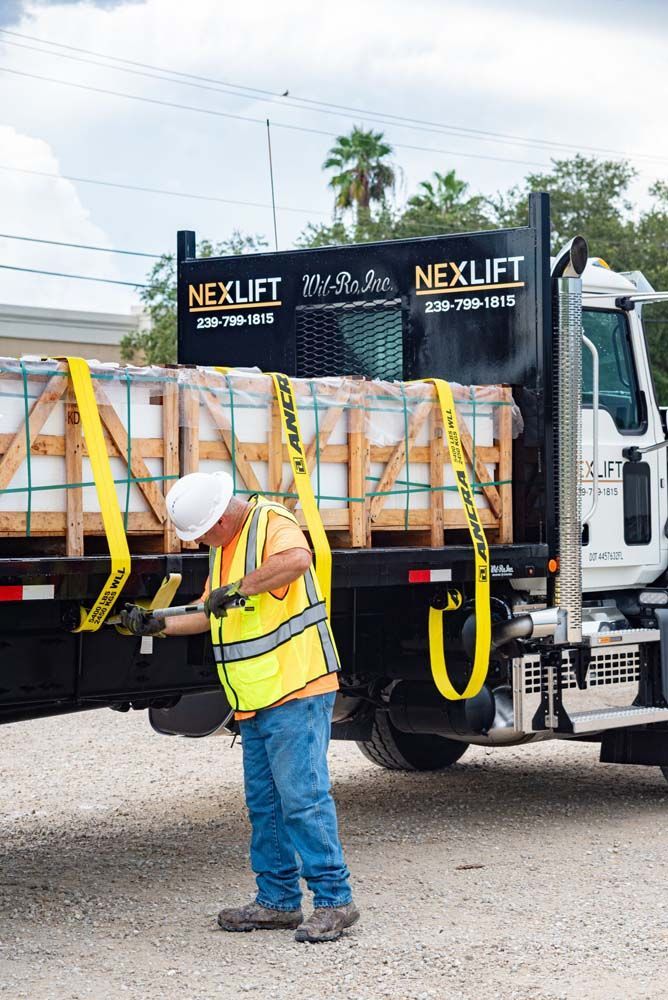November 24, 2025
In the complex ecosystem of construction, supply chain management stands as a crucial pillar supporting project success. Timely delivery of building supplies, one of its key components, can significantly influence a project's timeline and overall success. According to TimberHP's April 2025 update, typical delivery times for materials like steel and timber have grown from two to four weeks pre-pandemic to 12-16 weeks in 2024, causing significant scheduling challenges for construction projects. This article explores how timely material delivery and effective building supply delivery impact various facets of construction projects and shape project outcomes.
Understanding Timely Supply Delivery
Timely delivery in the construction industry refers to the process where materials arrive at the project site within the agreed-upon schedule. This concept is pivotal in ensuring that construction timelines proceed as planned without unnecessary delays. The delivery's timeliness is often measured against project schedules and contract terms, and is crucial for maintaining workflow continuity. Despite best-laid plans, external factors such as supplier logistical issues or transportation bottlenecks can impact delivery schedules. Hence, understanding the definition of timely delivery and the importance of building supply delivery is the first step towards effectively managing it.
Metrics for delivery timeliness include the lead time from order to delivery and the adherence rate to scheduled delivery dates. These metrics help construction managers gauge the efficiency of their supply chains. Additionally, tracking the frequency of delays and the average delay duration provides insights into the supply chain's reliability. Implementing a robust system for monitoring these metrics is vital for proactive management of supply timelines. Ultimately, these metrics serve as benchmarks for improving and sustaining timely building supply delivery practices.
The construction industry operates on tight schedules where each phase of work is dependent on the timely arrival of materials. Delays in material deliveries can cascade into extended project timelines, increased costs, and strained stakeholder relationships. Timely delivery ensures that workers are not idling and projects stay on budget. Moreover, timely supply chain operations and efficient building supply delivery can mitigate the risk of contractual penalties associated with delays. Recognizing this importance, many construction companies invest heavily in optimizing their delivery processes.
Impact on Project Planning
At the project planning stage, the timeliness of supplies is considered a fundamental factor influencing the order of operations. Planners must anticipate lead times and potential delays, actively formulating schedules that include buffer periods. This foresight allows for smoother adjustments should delays occur, minimizing any disruptions to the project timeline. The increased lead times for essential materials, as highlighted in reports like those from TimberHP, underscore the necessity of such strategic planning. Ultimately, the foresight employed in the planning stages can significantly mitigate risks downstream.
For successful project execution, there must be seamless coordination between delivery schedules and project timelines. This requires continuous communication between project managers and suppliers. Tools like scheduling software and project management platforms are essential for real-time tracking of delivery statuses. By synchronizing delivery schedules with construction phases, projects can achieve a streamlined workflow. The challenges imposed by longer delivery times have made such coordination efforts even more critical to ensure projects proceed without a hitch.
Risk assessment is integral to safeguarding project timelines against potential delivery delays. Identifying vulnerabilities within the supply chain early in the project planning phase allows for the development of effective mitigation strategies. These strategies may include sourcing materials from multiple suppliers or maintaining a buffer stock of critical materials. The prolonged delivery times of key materials necessitate more comprehensive risk assessments to preempt disruptions. Proactive management ensures that projects continue smoothly, despite supply chain uncertainties and potential building supply delivery interruptions.
Financial Implications
Timely supply deliveries can have profound impacts on the cost efficiency of a construction project. Delayed deliveries often result in cost overruns as projects incur additional expenses related to extended labor and idle machinery. Financial pressures mount when projects have to pay for expedited shipments to compensate for initial delays. With the increase in supply lead times, effective financial planning must accommodate potential overruns. This highlights the importance of maintaining robust financial oversight throughout a project's lifecycle.
Efficient budget management requires the synchronization of material deliveries with project expenditures. Accurate forecasting of material costs and potential price fluctuations is are critical element of sound financial planning. As extended delivery timelines impact material availability, budget revisions become necessary to accommodate unexpected changes. A synchronized supply chain minimizes budgetary surprises and enhances the project's financial stability. The unpredictability of delivery times further emphasizes the need for adaptive budget management practices.
Quality of Output
Timely delivery of materials is crucial to maintaining the quality of construction work. Delivery delays can force project managers to source substitute materials of varying quality, potentially compromising the end product's durability and appearance. Extended delivery periods, as documented by industry reports, have increased pressure on maintaining quality standards. By ensuring the timely delivery of specified materials through dependable building supply delivery services, it is possible to adhere to original project quality assurances. The impact of timely deliveries on material selection underscores the need for robust supplier relationships and inventory management.
Project quality standards are directly tied to the prompt and precise acquisition of materials. Maintaining a high standard throughout a project's lifespan requires meticulous attention to material specifications and delivery timelines. Delays can result in rushed installations and compromised workmanship. Aligning material deliveries with quality objectives ensures consistency in project outcomes. Addressing supply chain inefficiencies positively correlates with meeting or exceeding project quality standards.
While swift supply deliveries are desired, they must not come at the expense of material quality. Rapid deliveries necessitate stringent checks and robust quality control mechanisms to uphold the project's standards. The heightened urgency of fast-paced projects demands that compliance with industry quality benchmarks remains uncompromised. Implementing systematic quality checks can mitigate risks associated with rushed deliveries. Thus, timely yet careful handling of materials through professional building supply delivery networks is essential for ensuring project quality remains intact.
Stakeholder Relationships
Strong communication and collaboration among stakeholders are crucial for managing supply chain complexities. Effective communication ensures that all parties are aligned on delivery expectations, minimizing misunderstandings and errors. Collaborative efforts allow for proactive responses to potential disruptions, such as extended lead times noted in industry reports. Fostering a culture of transparency enhances trust and coordination across the project team. These benefits are instrumental in managing delivery timeliness and maintaining project momentum.
Trust is a foundational element of successful construction projects, reinforced by consistent and timely supply deliveries. Delivering as promised builds credibility with clients and suppliers, forming a reliable reputation within the industry. Long-term relationships are fostered through consistent communication and delivery performance. The ability to manage extended delivery timelines successfully further strengthens trust with stakeholders. Ultimately, a reputation for reliability enhances competitive advantage and client retention.
Future Trends in Supply Chain Management
Technological innovation is revolutionizing supply chain management in construction. Advanced tracking and monitoring systems allow for real-time visibility into the delivery process. Enhanced transparency aids project managers in adjusting schedules proactively, as seen with longer lead times. Automation and AI-driven predictive analysis augment decision-making accuracy, improving delivery efficiencies. Incorporating these technologies prepares construction firms for evolving industry expectations.
Predictive analytics are transforming supply chain operations by leveraging data to foresee potential delivery delays and disruptions. These insights enable construction planners to better align supply timelines with project schedules. By anticipating challenges, projects can incorporate flexibility into even complex construction timelines. This adaptability is crucial given the industry's extended lead times for materials. Predictive analytics thereby enhances strategic planning and operational resilience.
Timely delivery of building supplies is a cornerstone of successful construction project execution. Effective coordination between supply chain operations, logistics, and building supply delivery ensures timelines and costs are maintained. By addressing challenges and leveraging technological advances, the construction industry is poised to enhance its efficiency and sustainability. Overall, timely deliveries have far-reaching implications for project outcomes, financial performance, quality assurance, and industry reputation. As the construction landscape evolves, optimizing supply chains remains pivotal for future successes. For more information about the services that we offer, reach out to our incredible team at NEXLIFT today!


